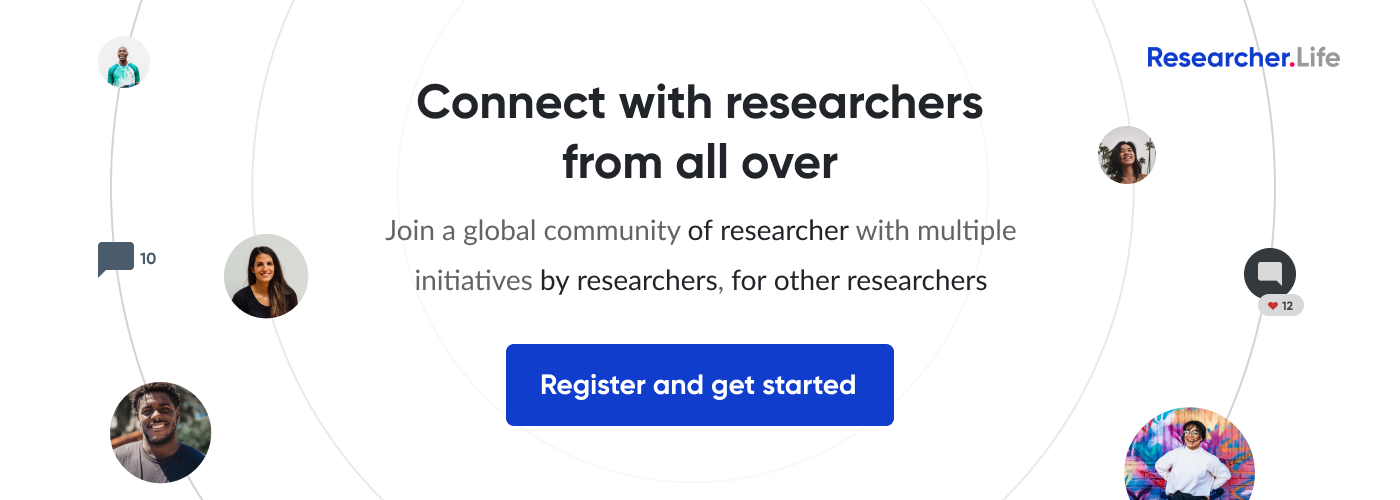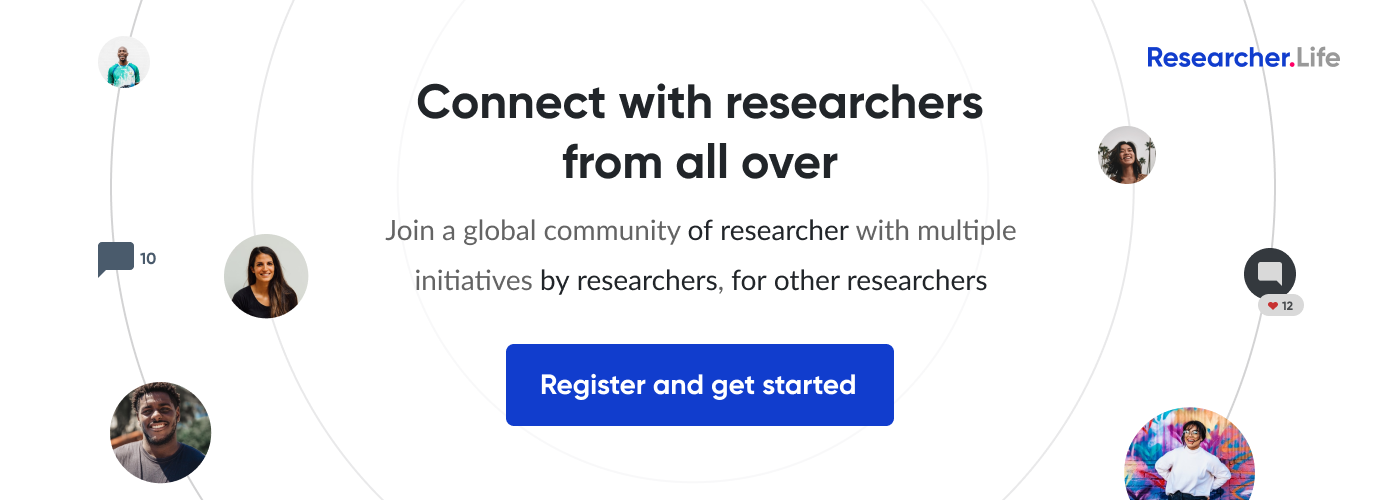The open access movement, systematic fraud in academic literature, misconceptions about open peer review, and more! (Good reads, February 2019)

The shortest month of the year has just gone by, and yet, so much happened this month in the academic and scholarly publishing world! We’re sure you want to know it all. We have been listening to all the goings-on in the scholarly publishing industry and picked some great discussions for you to catch up with. From discussions on open peer review and data sharing of clinical trials to tackling research fraud and switching from academia to industry, we covered it all!
1. Scientists’ struggles to access recent Elsevier articles continues: Researchers at German institutions are left without access to new papers as the feud between publishing giant Elsevier and libraries that are demanding open access to research articles continues. Researchers at institutions that let their subscription to the journal expire while negotiating for a new deal are now facing a paywall for accessing the publisher’s most recent articles. What’s complicating the negotiations is German institutions’ desire to offset the cost of accessing pay-walled articles with the cost of making them open-access. This article underlines the difficulty faced by researchers as they are forced to contact libraries or even authors by themselves to access the articles they need. Lynn Kamerlin, a biochemist at Uppsala University in Sweden, says “This is damaging to research, and punishes researchers, not publishers.” Meanwhile, the increasing demand at German libraries for articles which researchers cannot access themselves is met by one of the ten German institutions that still have access to Elsevier.
2. The need to tackle systematic fraud in research: In this article, Jennifer Byrne, professor of molecular oncology at the University of Sydney, Australia, makes an interesting argument about systematic fraud in research. Byrne says that fraudulent practices in scientific research are not easily detected as the scholarly community does not openly engage in conversations about intentional deception. She recounts how she once stumbled upon research papers that were based on findings of a gene that she and her colleagues had reported in their research earlier. She talks about how the tool that she co-developed has exposed dubiously produced papers but laments that retraction of the papers is the only action taken against such malpractices. “Why is there such enthusiasm for talking about faulty research practices, yet such reluctance to discuss deliberate deception?” she asks. Byrne asserts that publishing potentially fraudulent papers in less influential journals is not acceptable and emphasizes the need to speak up against organized fraud. She urges institutions, funding agencies, and journals to collectively scrutinize research publication and ensure that the threat of scientific misconduct is kept at bay.
3. Open peer review does not compromise the process, suggests recent analysis: A recent report published in Nature Communications quashes some of the most common beliefs about the open peer review process. Some people believe that an open peer review, where reviews are posted alongside published papers, could make reviewers less likely to take up the task. Also, they may take longer than usual to complete the process as they might try to be less critical in their review. The authors of this report evaluated more than 18,000 reviews from about 9,000 manuscript submissions to 5 Elsevier journals from 2010 to 2017. It was revealed that reviewers were just as likely to review a manuscript if the review report was to be made public. Further, an open review did not affect their likelihood of recommending a manuscript for publishing. Also, only 8% of reviewers chose to reveal their identity and they were more likely to do so if their review was positive. Read this article to know more about the findings of this report.
4. Why you should make your opinion count in the Open Access Movement: In an open letter, Rick Anderson, Associate Dean for Collections and Scholarly Communication in the J. Willard Marriott Library at the University of Utah, urges authors of scholarly and scientific articles to get involved with the open access movement. Anderson says that researchers might want to distance themselves from the open access controversy thinking it’s a dispute between publishers and librarians, but he insists they should understand the movement as it will affect their freedom to choose how they want to publish their work. Along with the choice of open access, the number of open access mandates also increases and this is something that authors must pay attention to as this will narrow down their choices of publication, he adds. Anderson asks academics to stay abreast of global discussions on open access and warns, “Speak up. Otherwise, you run the risk of waking up a few months or years from now to find that others have decided for you how you will publish and who will have control of your work.”
5. Researchers must now share data of clinical trials with the public: For years data from clinical trials has been inaccessible to the public. Soon, this may change as prominent medical journals, including The New England Journal of Medicine and Annals of Internal Medicine, now require authors to disclose if they plan to share de-identified data of clinical trial participants. Authors must also declare their data sharing plans on a public registry, such as ClinicalTrials.gov. This has been proposed as a condition for authors aiming to get published in these journals. Rebecca Li, senior advisor at the MRCT Center of Brigham and Women’s Hospital and Harvard, believes that patients participating in a clinical trial risk themselves to facilitate the development of remedies, and their contribution must be made fruitful by using their de-identified data to solve more than one problem. She adds that authors will also profit from this arrangement as their articles will receive more citations if the shared data set is re-used by more researchers. In this post, Li also discusses the authors’ concerns of losing credit as well as control over their data.
6. Transitioning from academia to industry- A Researcher’s advice to those taking the leap: Switching from academia to the private sector can be challenging for researchers who are completely engrossed in the hustle to complete their PhDs. In this post, Crystal Romeo Upperman, researcher at the World Resources Institute, a global research non-profit organization, advises researchers to broaden their perspective and recognize opportunities offered by the private sector. She believes that researchers must gain diverse experience to grab an exciting job outside academia. Upperman further shares 7 tips from her personal experience for researchers who wish to explore the industry sector. Some of her valuable advice includes spending more time actually doing what you planned rather than just thinking over. She adds, “Find the simplest words to define what you have done and can do,” because lay people related to the job you’re applying for may not understand scientific language. She also highlights the need to build professional relationships as well as marketing one’s skills and potential.
Well, we hope you enjoyed our top picks for this month. If you have something you’d like to share, please do so in the comments section below. Do browse through our previous Scholarly Communications Good Reads collections where we regularly feature more such interesting discussions from the scholarly publishing world.
And if you’d like to stay tuned to important happenings in the journal publishing industry, visit our Industry News section.
Published on: Feb 27, 2019
Comments
You're looking to give wings to your academic career and publication journey. We like that!
Why don't we give you complete access! Create a free account and get unlimited access to all resources & a vibrant researcher community.














